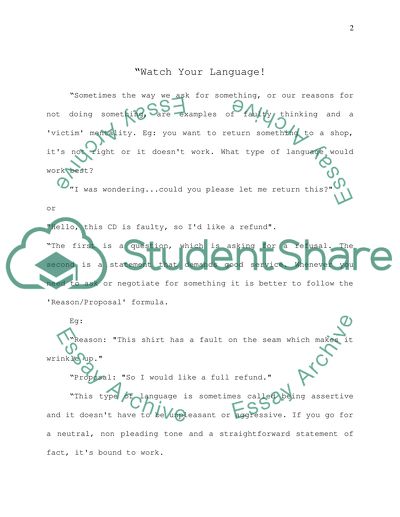Cite this document
(“Discourse Analysis of the Article Essay Example | Topics and Well Written Essays - 3000 words”, n.d.)
Discourse Analysis of the Article Essay Example | Topics and Well Written Essays - 3000 words. Retrieved from https://studentshare.org/education/1517185-discourse-analysis-ma-communication-studies
Discourse Analysis of the Article Essay Example | Topics and Well Written Essays - 3000 words. Retrieved from https://studentshare.org/education/1517185-discourse-analysis-ma-communication-studies
(Discourse Analysis of the Article Essay Example | Topics and Well Written Essays - 3000 Words)
Discourse Analysis of the Article Essay Example | Topics and Well Written Essays - 3000 Words. https://studentshare.org/education/1517185-discourse-analysis-ma-communication-studies.
Discourse Analysis of the Article Essay Example | Topics and Well Written Essays - 3000 Words. https://studentshare.org/education/1517185-discourse-analysis-ma-communication-studies.
“Discourse Analysis of the Article Essay Example | Topics and Well Written Essays - 3000 Words”, n.d. https://studentshare.org/education/1517185-discourse-analysis-ma-communication-studies.


